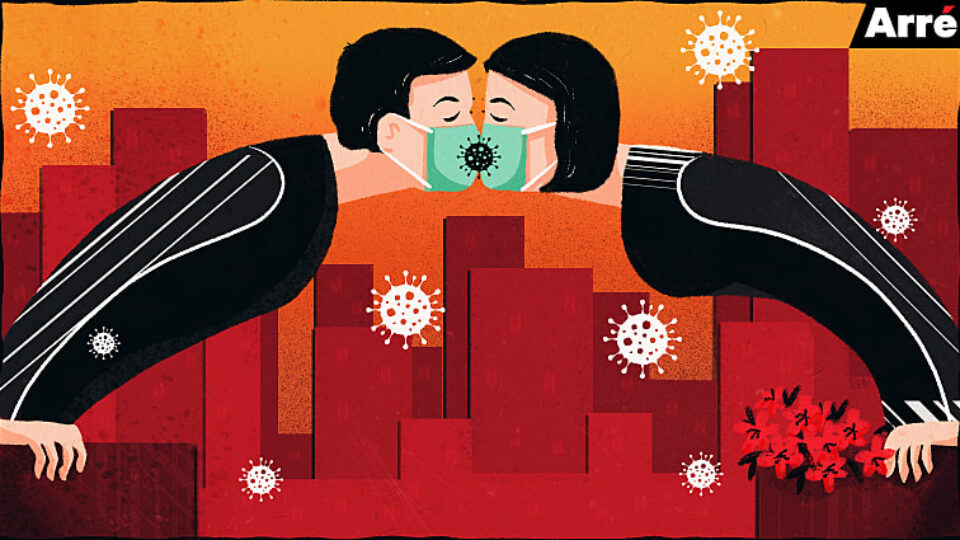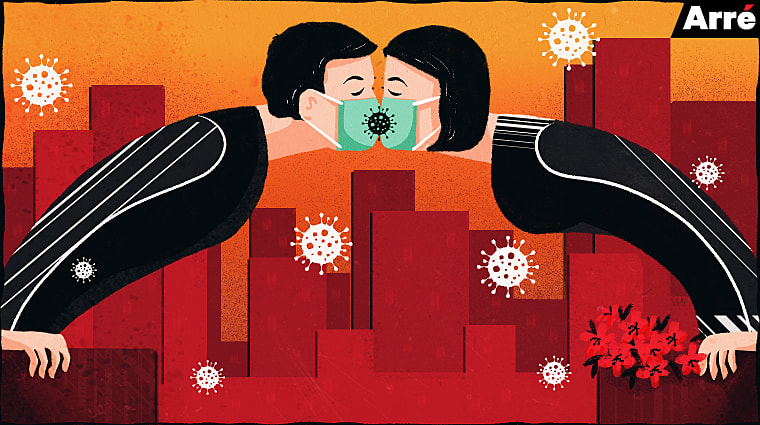
13 May2020

share



Click here for original article from Good Housekeeping magazine
Here, Dee Holmes, senior practice consultant at South East Relate, shares her advice.
“It’s important to not over-react. This is a bit of a re-set time for a lot of people, in the way that it will make people realise their relationship hasn’t been functioning well and they’ve been escaping by not being home, going to the gym or whatever. They can’t do that anymore, so it’s brought it into focus and there really is a problem and they’ve been ignoring it,” Dee explained.
“For others, it will be a re-set of realising they’re so busy all the time and they’ve drifted apart, but actually they miss that closeness and want to recreate it.
“You’ve got to communicate what you’re feeling. It’s only by talking about it that you can start to unravel what is about the relationship and what is about the [external] situation,”
“It’s very easy to have a down day where you’re wishing you could be on holiday or seeing friends, and feel very frustrated. Then your partner does a small thing and you react to that and think about how irritating they are. Actually, your anger and your feelings are about the whole situation, not just them. It’s important to tease out what’s what,”
“If you’ve got as far as talking about [issues] and identifying them, we are offering webcam and phone counselling at Relate, if people have the time and space to do that,” Dee said.
“If you’re at home and want to start doing things but counselling isn’t an option, I think this could be a good opportunity to start talking between yourselves about what you want to change.
“The greatest benefit of therapy is being together and listening to each other – that’s not a luxury a lot of us have most of the time because we’ve got phones ringing, the television on, things to do. Put yourself in that situation, it doesn’t have to be an hour, but maybe just 20 minutes[of talking.]”
Dee says it’s important to talk specifically about what you want to change.
“Often people can be quite vague about this – the questions you could ask yourself are: ‘Where would I like to be in a year or five years?’ or ‘If I woke up tomorrow morning and everything was okay in this relationship, what would have needed to change?’
“These are the questions you can ask yourself and your partner to focus on the specifics as opposed to the general idea of wanting it to be better.”
“If you’re stuck at home 24/7 and realise you don’t communicate a lot, there’s no point jumping into doing everything together ,” Dee said.
“Be realistic. Set aside an hour in the evening to have a glass of wine in the garden together.
“The fantasy question of ‘How would I know if things had become better?’ is a starting point and you can then think about how to get to there. Those small things really matter – asking someone if they want a cup of tea or taking the time to cook a meal together can be really good bonding things,” she said.
Relate is offering webcam, phone and Live Chat counselling. For support and advice about relationship issues during lockdown, you can visit Relate’s website.